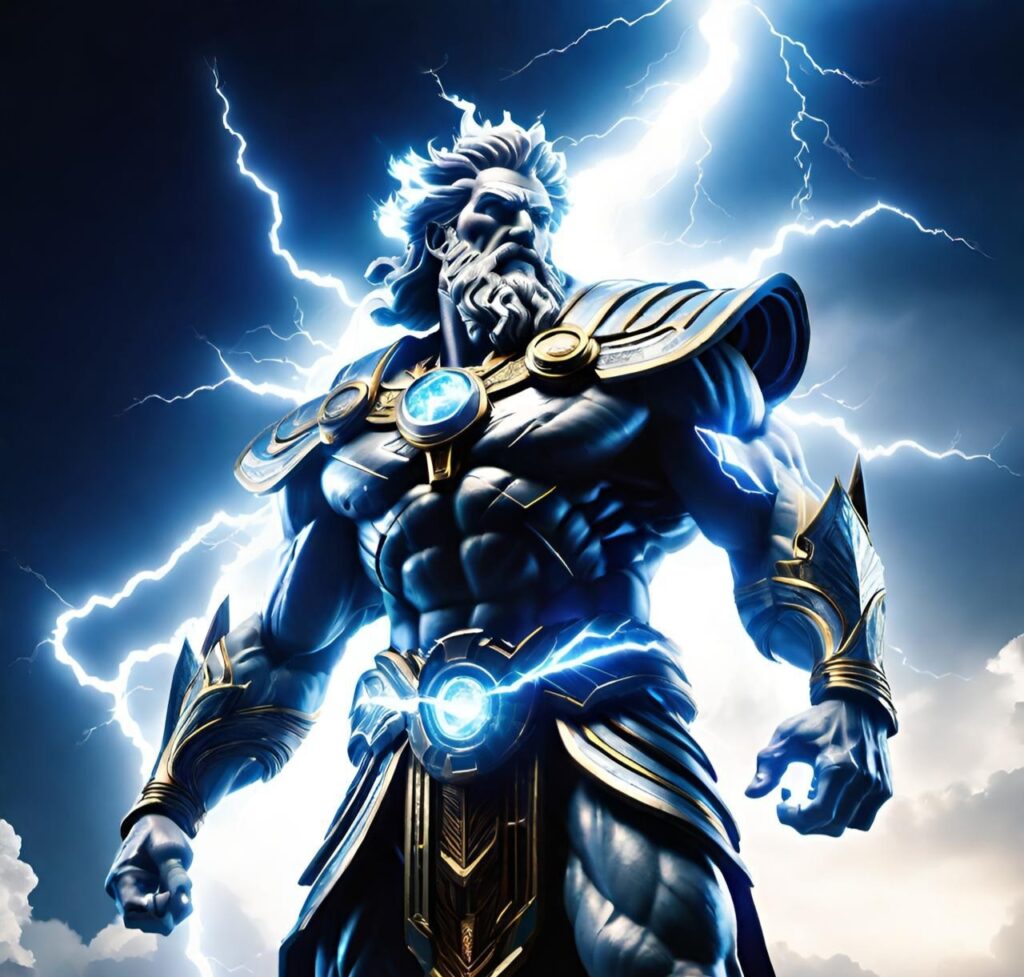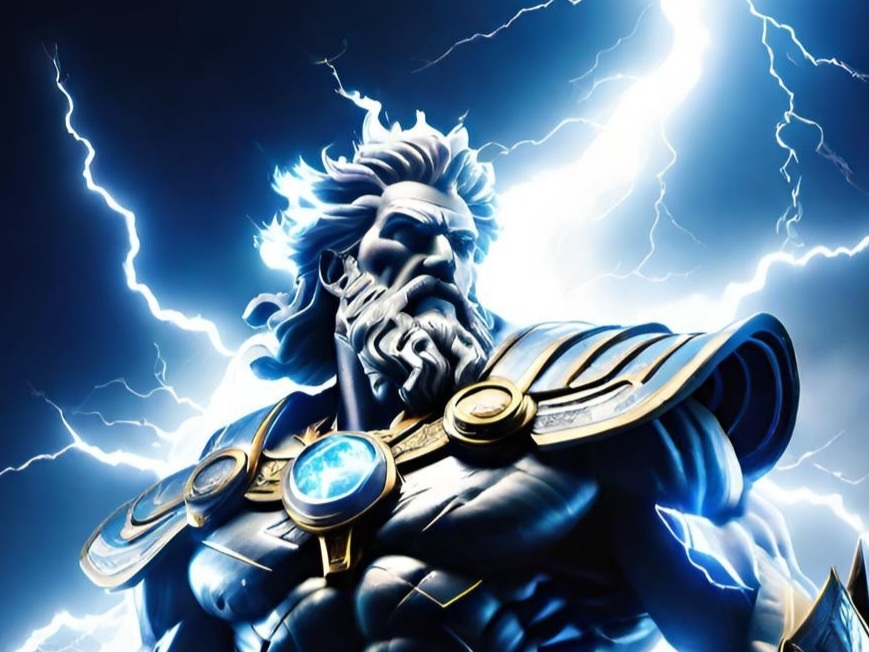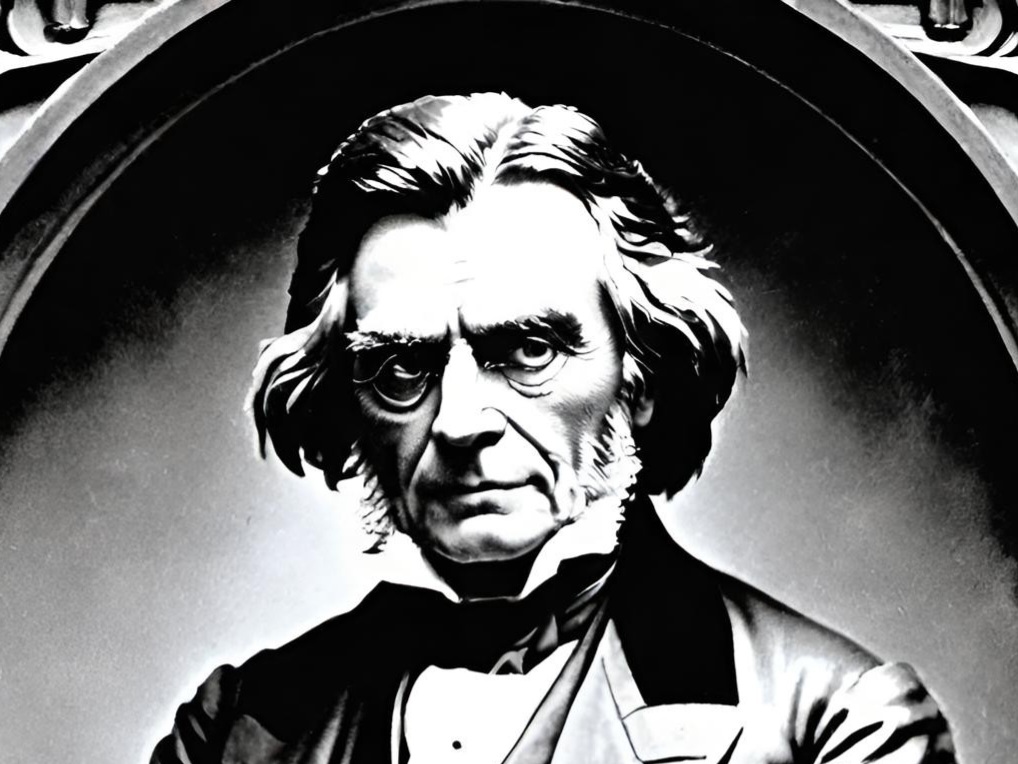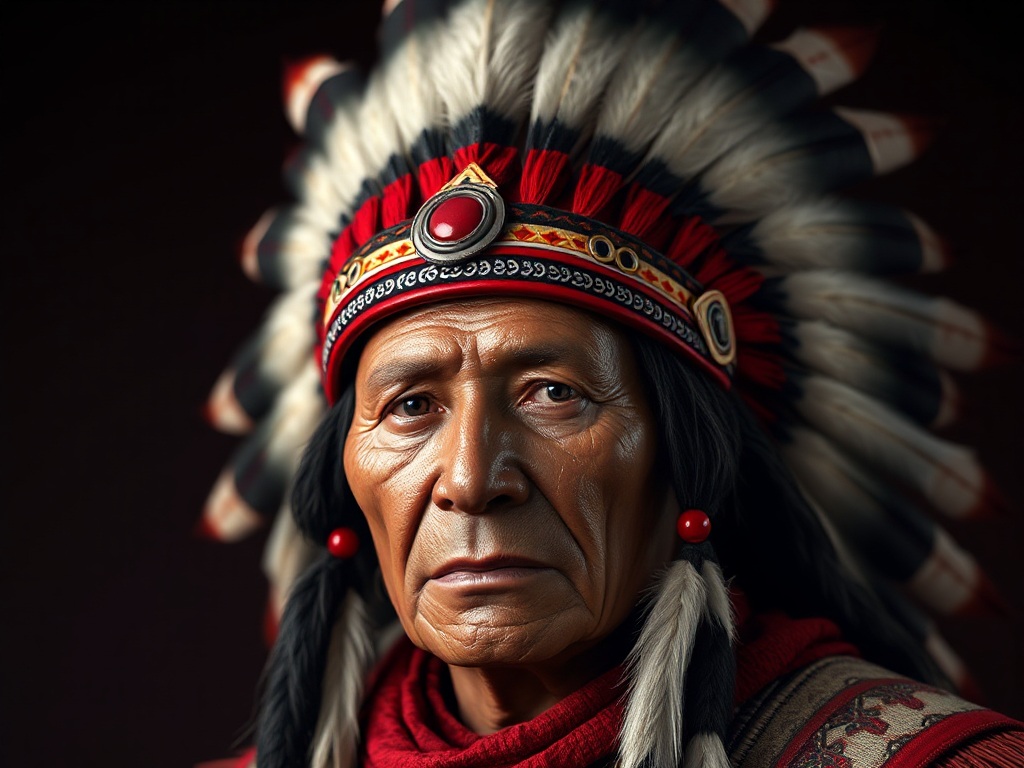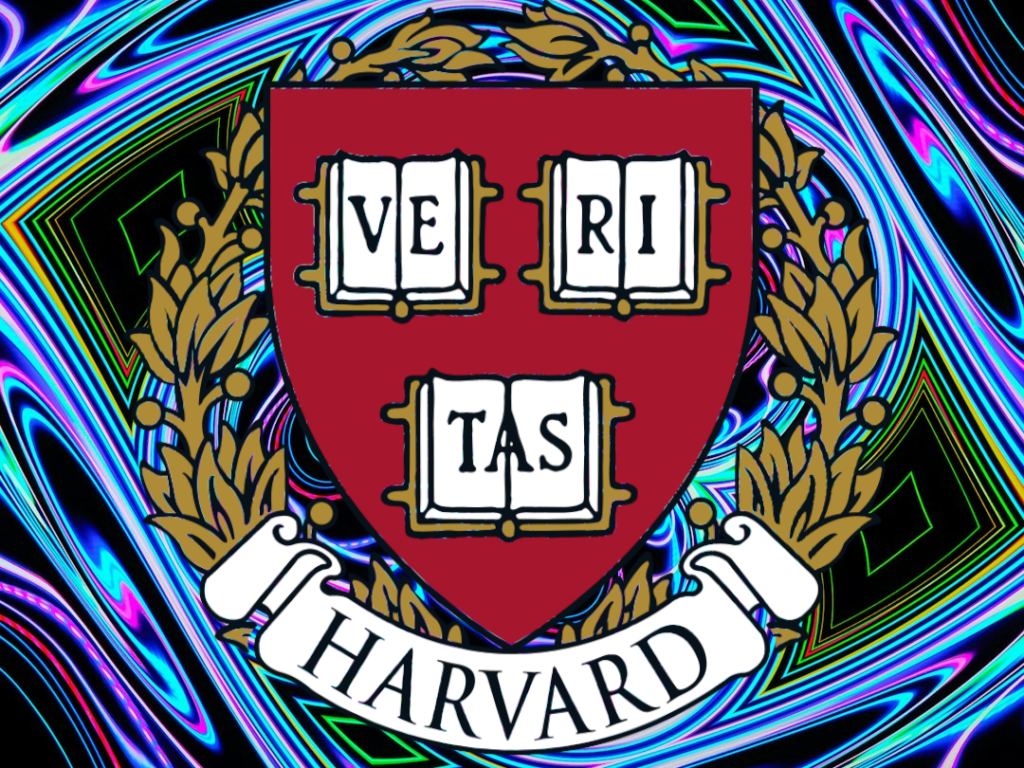In the ancient world, mythology played a central role in shaping the beliefs, values, and identities of civilizations across the globe. From the Greek gods on Mount Olympus to the Norse legends of Asgard, mythology provided explanations for the mysteries of the natural world and offered moral guidance for human behavior. However, as Western society transitioned into the modern era, the influence of mythology waned in favor of the rise of science and rationalism.
The shift from mythology to science in the West can be traced back to the Enlightenment period in the 17th and 18th centuries. During this time, thinkers and philosophers championed reason, empirical evidence, and critical thinking as the foundations of knowledge and understanding. The Scientific Revolution, with figures like Galileo, Newton, and Darwin at its forefront, promoted a new way of interpreting the world based on observation, experimentation, and logic.
The Shift From Spiritual to Fictional
As scientific discoveries advanced, traditional mythological explanations for natural phenomena were gradually replaced by scientific theories. The Earth was no longer seen as the center of the universe, but as a planet orbiting the sun in a vast cosmos governed by physical laws. The origins of life and species were explained through evolution rather than divine creation. The mysteries of disease, weather, and human behavior were demystified through the lens of biology, chemistry, and psychology.
While the rise of science has brought about tremendous progress in understanding the world and improving human life, it has also led to the marginalization of mythology in Western culture. Myths and legends that once provided a sense of wonder, awe, and connection to the cosmos have been relegated to the realms of literature, folklore, and entertainment. The gods and heroes of ancient mythology are now seen as fictional characters rather than spiritual guides or moral exemplars.
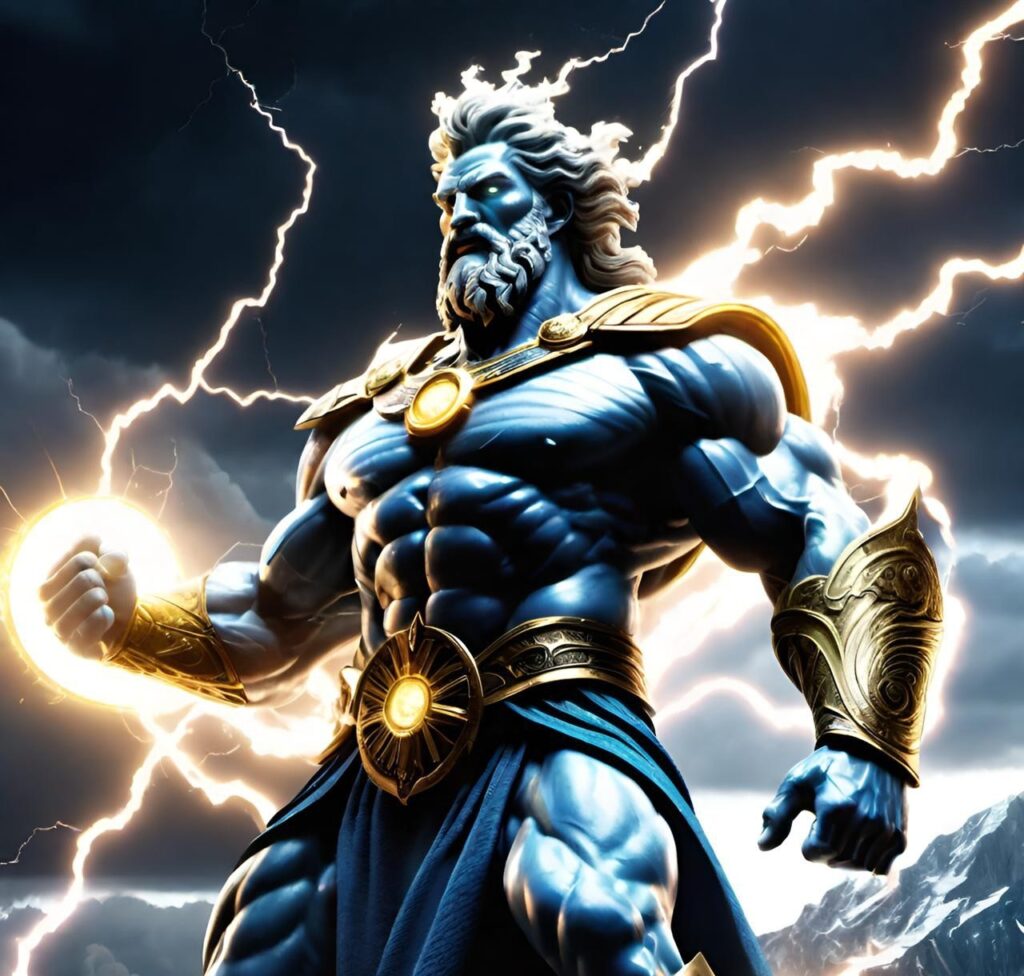
The Role of Storytelling, Symbolism and Metaphor
The loss of mythology in the West has raised questions about the role of storytelling, symbolism, and metaphor in shaping human consciousness and culture. Mythology served as a means of transmitting collective wisdom, values, and traditions from generation to generation. It provided a framework for understanding the mysteries of existence, the complexities of human nature, and the interplay between the divine and the mundane.
In today’s increasingly secular and materialistic society, there is a growing recognition of the importance of mythology in addressing existential questions, cultivating meaning and purpose, and fostering a sense of interconnectedness with the natural world. Scholars, artists, and thinkers are exploring ways to revitalize and reinterpret mythological themes for contemporary audiences, integrating them with scientific knowledge and spiritual insights.
Conclusion
As the West grapples with the legacy of its mythological past and the dominance of scientific rationalism, there is an opportunity to embrace a more holistic and integrative worldview that honors both the empirical truths of science and the symbolic truths of myth. By recognizing the enduring power of mythology to inspire, educate, and transform, we can enrich our understanding of ourselves, our place in the universe, and the mysteries that lie beyond the reach of scientific inquiry.
